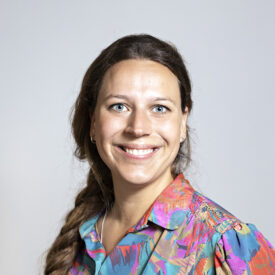Reduction bycatch of endangered species
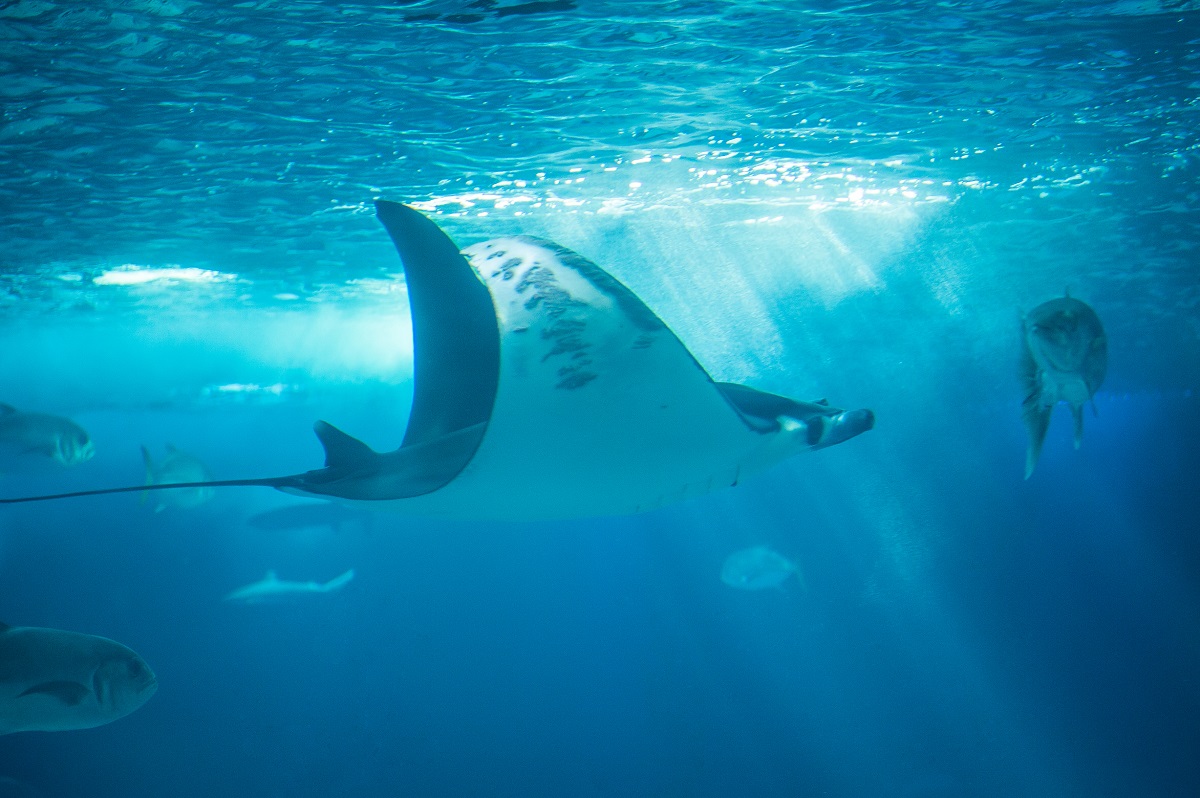
Reduction bycatch of endangered species
Together against incidental bycatch in European waters
In fisheries, the incidental bycatch of endangered and protected species is a major problem. Despite all legal and technical measures, studies and initiatives by nature organizations, it has not been possible to structurally reduce this yet. The Dutch Ministry of Agriculture, Nature and Food Quality (LNV) has taken the lead in the European LIFE CIBBRiNA project to reduce incidental by-catch in the North Sea, Baltic Sea and Mediterranean Sea. Together with all stakeholders. The Dutch Ministry of LNV asked Partners for Innovation to set up this LIFE project and to submit the application.
As part of the Green Deal, the European Union has developed a Biodiversity Strategy for 2030. This includes an action plan for the conservation of fisheries and the protection of marine ecosystems.
The incidental bycatch of fisheries is seen as one of the greatest threats to vulnerable marine mammals worldwide. Official data from on-board observations shows that in 2018 fishing activities in European Union waters involved incidental bycatch of 49 species of rays and sharks, 22 species of birds, 5 species of cetaceans, 4 species of seals and 2 species of turtles. For decades, nature organizations have been campaigning to limit bycatch. The fishing industry is also making efforts to prevent this. Numerous research projects have been carried out in the European Union, legal measures have been developed and technical solutions have been devised. Despite these efforts, incidental by-catch remains too high.
Willingness and ability
According to the initiators of this project, there are several reasons for this. An important reason is that fishermen themselves have so far been insufficiently involved in tackling bycatch. While their willingness and ability are of decisive importance. In addition, each member state implements the European directives differently, for example in the field of monitoring and measures. This stands in the way of a joint, coordinated approach for the three seas surrounding the European Union. Moreover, enforcement at sea is difficult to implement and certainly not comprehensive.
From sharks to birds and dolphins
No less than 45 European governmental, fishing, research and NGO organizations from 13 countries around the three seas are now jointly trying to do something about this. The initiative was taken by the Dutch Ministry of LNV, Nature and Food Quality, that asked Partners for Innovation to set up this LIFE project and to submit the application. Due to the complexity and the limited financial resources, the European Commission has determined that this primarily concerns the ‘priority endangered and protected marine’ species, abbreviated priority ETP (‘Endangered, Threatened and Protected’) species. In concrete terms, this includes sharks, rays, seabirds, turtles and marine mammals such as dolphins and seals.
What will LIFE CIBBRiNA do?
CIBBRiNA stands for Coordinated Development and Implementation of Best Practice in Bycatch Reduction in the North Atlantic, Baltic and Mediterranean regions. The consortium will focus on:
- Realize successful cross-border cooperation between the 13 countries and with government organizations, the fishing industry, NGOs and scientists
- Evaluate the suitability of existing and new measures, and recommend the most appropriate measures and tools to combat by-catch
- Ensure the support of all stakeholders by assessing and successfully addressing the socio-economic impacts of the proposed measures
- Implement successful and promising measures and develop new approaches and monitoring programs of ETP marine animals.
Partners for Innovation has assisted on behalf of and in close collaboration with the Ministry of LNV and the other partners to help shape the project proposal, meet the formal requirements and ultimately submit the proposal. The application was approved by the European Commission in March 2023 and started in September
Wondering how we can help you apply for European funding? Then visit our page about project development and financing.
Other
projects
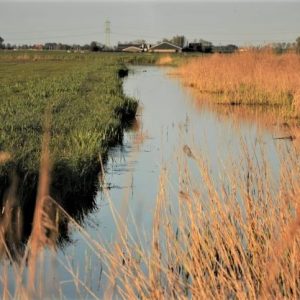
All4biodiversity
We developed this LIFE-project, supported the applicaton and currently manage this project.
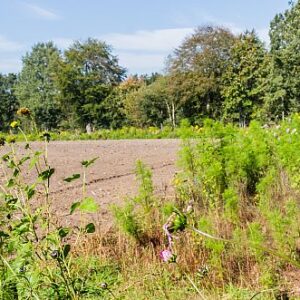
Ministry of Economic Affairs – LIFE subsidy
LIFE is the European Union’s subsidy program for projects focused ...
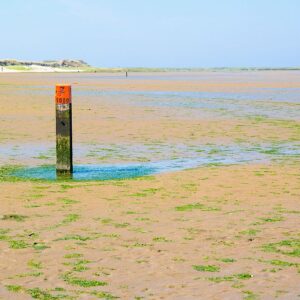
Monitoring LIFE subsidy
LIFE is the European Union’s subsidy program for projects focused ...
Want to
know more?
Contact us!
